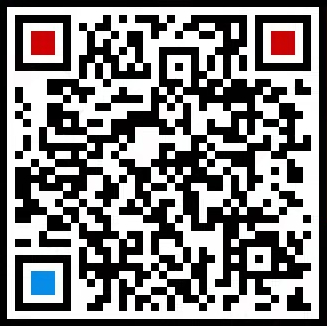剑桥雅思4 Test 1写作Task 1考官范文&翻译
2019-02-19 17:30:54 发布 来源:雷哥雅思为了方便烤鸭们的学习,9分雅思姐为大家汇总了剑4-9的大小作文的考官范文和翻译,超级实用的写作资料,帮助大家在雅思备考时获取充足资料及详细的考题分析,更多剑桥雅思资料,请及时关注9分雅思姐,及时为大家送上干货资料及解析。
The table gives a breakdown of the different types of family who were living in poverty in Australia in 1999.
On average, 11% of all households, comprising almost two million people, were in this position. However, those consisting of only one parent or a single adult had almost double this proportion of poor people, with 21% and 19% respectively.
Couples generally tended to be better off, with lower poverty levels for couples without children (7%) than those with children (12%), it is noticeable that for both types of household with children, a higher than average proportion were living in poverty at this time.
Older people were generally less likely to be poor, though once again the trend favoured elderly couples (only4%) rather than single elderly people(6%)
Overall the table suggests that households of single adults and those with children were more likely to be living in poverty than those consisting of couples.
表格给出了澳大利亚在1999年不同类型的家庭生活在贫困中的分类。
平均来说,所有家庭的11%,包括了将近两千万的人口,是处于贫困状态的。但是,那些只有一个家长或单身成年人的家庭的穷困比例翻了一倍,分别是21%和19%。
夫妇组成的家庭通常倾向于更好,没有有孩子的夫妇(7%)的贫困水平比那些有孩子的夫妇家庭(12%)贫困水平低。值得注意的是,两种有孩子的家庭都有和当下平均水平比更高的贫困度。
老年人一般不穷,尽管这一趋势又一次倾向于了老年夫妇(只有4%)而不是单身老人(6%)。
总的来说,表格显示了单身成年人和那些有孩子的家庭比那些由夫妇组成的家庭更容易贫穷。






















